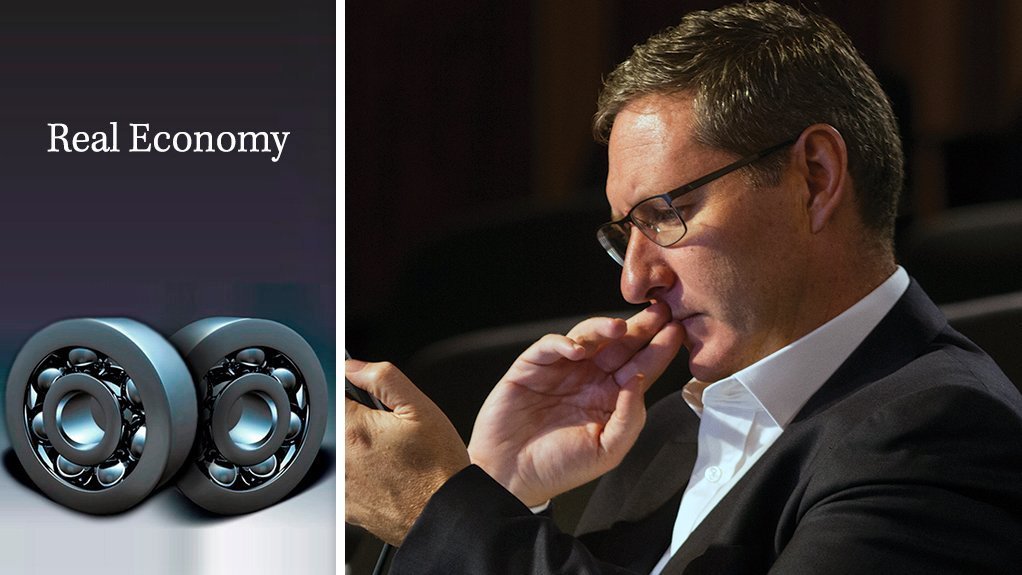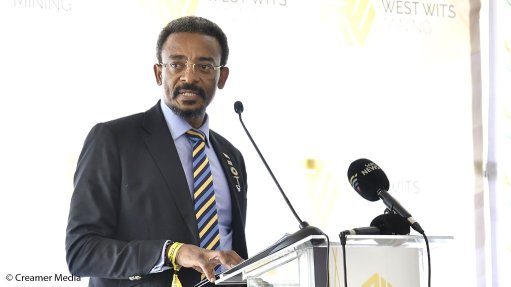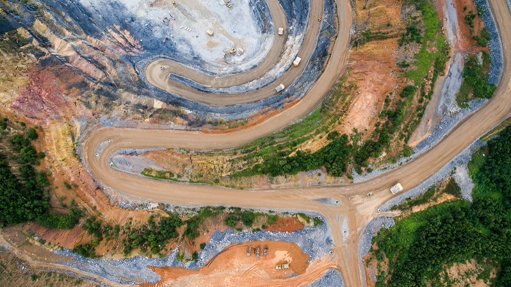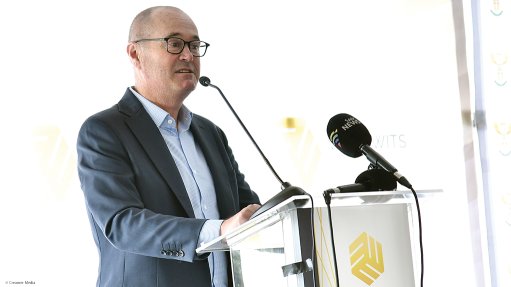Missed opportunity
In light of the intensifying global efforts to tackle climate change, as well as South Africa’s ratification of the Paris Climate Agreement, it would be irresponsible for government to do nothing to address domestic greenhouse-gas emissions.
A failure to act would result in the costs being both back-loaded and higher as pressure builds on signatories to meet the Paris targets within the stipulated timeframes. It could even prejudice domestic industry in the long run, as more and more countries implement some form of carbon pricing and begin demanding that their trading partners do likewise.
The World Bank’s Carbon Pricing Dashboard indicates that, despite strong resistance from the world’s largest economy, more than 40 countries have implemented, or are planning to implement, carbon pricing in the form of either carbon taxes or cap-and-trade schemes.
A report published in May by the High-Level Commission on Carbon Prices states that a well-designed carbon price is an indispensable part of a strategy for reducing emissions in an efficient way. The report then goes on to argue that an explicit carbon-price level consistent with achieving the Paris temperature target is at least $40/t to $80/t of carbon dioxide-equivalent (COce) by 2020 and $50/t to $100/t CO2e by 2030.
Such price levels are dramatically higher than the R120/t CO2e set by the National Treasury as the headline carbon-tax rate for the first phase – even more so when measured against the likely effective tax rate of between R6/t and R48/t of CO2e for the first phase, which runs to the end of 2022.
Nevertheless, there is still a great deal of discomfort and unhappiness about the way South Africa is going about meeting is Nationally Determined Contribution, as summerised under government’s ‘peak, plateau, decline’ theme. Such negativity is not unique to South Africa, with resistance to climate pricing evident in many other resources- heavy economies, such as Australia and Canada.
What seems to be irking domestic industry most, however, is the fact that the carbon tax has been implemented in the absence of the overarching and supportive policy framework required to help facilitate the behaviour change being sought.
Firstly, the tax exempts South Africa’s largest emitter, Eskom, which produces more than 40% of the country’s carbon emissions. To be sure, the inclusion of the State-owned utility would have had devastating consequences for electricity consumers, as Eskom would have sought to recover its R11.5-billion yearly tax liability through the tariff.
That said, there is no scope for those captured in the carbon-tax net to reduce their emissions by building clean-energy alternatives. Although there has been some recent liberalisation of the embedded-generation market, this has been capped below 10 MW – a level well below the generation threshold required for a significant uptake by the resource majors.
Then there is the decision to move ahead with the tax before having finalised the carbon budgets. Had the two processes been synchronised, it might have been possible to use the tax as a penalty against those failing to meet their budgets. Instead, it is being applied bluntly at the very same a time that most energy- intensive firms are considering production and job cuts.
Article Enquiry
Email Article
Save Article
Feedback
To advertise email advertising@creamermedia.co.za or click here
Press Office
Announcements
What's On
Subscribe to improve your user experience...
Option 1 (equivalent of R125 a month):
Receive a weekly copy of Creamer Media's Engineering News & Mining Weekly magazine
(print copy for those in South Africa and e-magazine for those outside of South Africa)
Receive daily email newsletters
Access to full search results
Access archive of magazine back copies
Access to Projects in Progress
Access to ONE Research Report of your choice in PDF format
Option 2 (equivalent of R375 a month):
All benefits from Option 1
PLUS
Access to Creamer Media's Research Channel Africa for ALL Research Reports, in PDF format, on various industrial and mining sectors
including Electricity; Water; Energy Transition; Hydrogen; Roads, Rail and Ports; Coal; Gold; Platinum; Battery Metals; etc.
Already a subscriber?
Forgotten your password?
Receive weekly copy of Creamer Media's Engineering News & Mining Weekly magazine (print copy for those in South Africa and e-magazine for those outside of South Africa)
➕
Recieve daily email newsletters
➕
Access to full search results
➕
Access archive of magazine back copies
➕
Access to Projects in Progress
➕
Access to ONE Research Report of your choice in PDF format
RESEARCH CHANNEL AFRICA
R4500 (equivalent of R375 a month)
SUBSCRIBEAll benefits from Option 1
➕
Access to Creamer Media's Research Channel Africa for ALL Research Reports on various industrial and mining sectors, in PDF format, including on:
Electricity
➕
Water
➕
Energy Transition
➕
Hydrogen
➕
Roads, Rail and Ports
➕
Coal
➕
Gold
➕
Platinum
➕
Battery Metals
➕
etc.
Receive all benefits from Option 1 or Option 2 delivered to numerous people at your company
➕
Multiple User names and Passwords for simultaneous log-ins
➕
Intranet integration access to all in your organisation





















